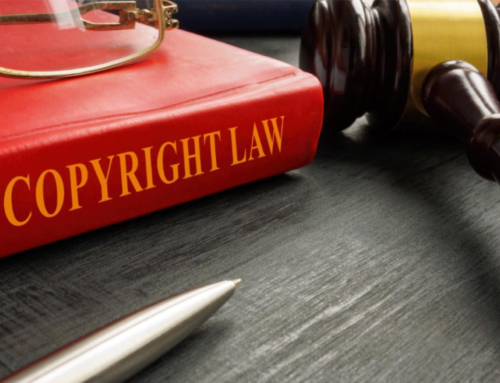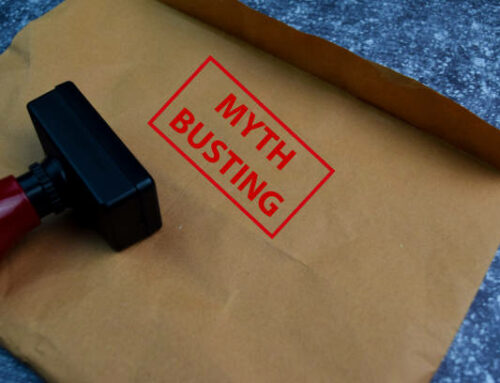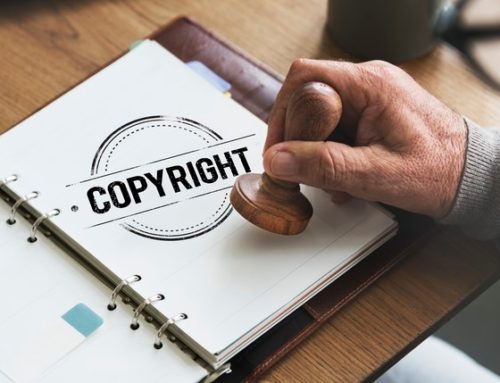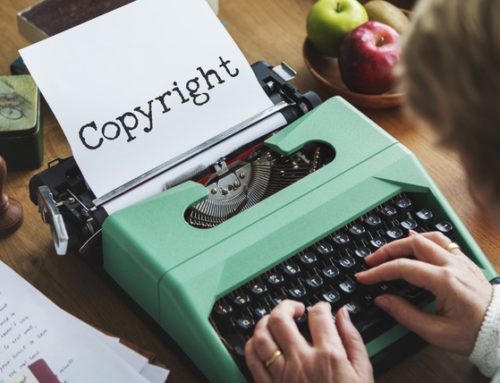With any form of intellectual property, you have to ensure its legal protection. Not only for the sake of receiving credit for your authorship, but also for to safeguard your ability to earn a living from it.
Intellectual Property Law
There are three main types of intellectual property and the law protects each type with a specific provision:
- Patents are for inventions;
- Trademarks, for brands and source-identifying marks; and
- Copyrights, for creative works.
Creators put in countless hours to their craft. For someone else to take credit and compensation for your is simply wrong. Creators of different forms of artistic expression should take care to protect their original works with copyright.
Copyright Protection

Copyright law protects creative works set in a tangible form, which means that the work is not just in somebody’s mind or something that can be performed. The original work must be saved in a physical way. Examples include literary works, musical compositions, photographs, videos, paintings, sculptural creations, and sound recordings.
In the case of a lyricist and a composer working together on a song, each may own the copyright to just his or her part of the composition, or share copyright ownership of the entire sound recording. This potentially confusing scenario is best handled with the guidance of an attorney specializing in copyright law so each party understands its respective rights. In general, the copyright holder is the person who created the work. This is true even if it was commissioned by someone else, unless it was a “work for hire” agreement.
Register a Copyright
Copyright protection is automatic upon publishing your work. However, a copyright notice is a helpful deterrent to stop someone from copying your work without permission.
Registering your copyright is necessary if you want to be able to sue anyone who uses, displays, or produces a derivative work based on your creation without your permission. If your work is not registered, others might feel free to make copies without your consent. To register your copyright, you must file an application with the United States Copyright Office. It’s a relatively simple and inexpensive process, with fees ranging from $35 to $100 per work.
Copyrighted Materials
Nonetheless, you don’t need to have to register every creative work with the Copyright Office. You only need to file a copyright registration on the ones that are most important to your business. For instance, bloggers don’t need to have every blog post registered. Neither do photographers need to register every picture. It wouldn’t be practical or cost effective. Instead, they can gather the individual works and then register them as collective work for the same fee.
There are instances when the author does not own the copyright to his or her work, such as in works made for hire. In some circumstances, the author may still exercise “moral rights.” This means that the creator, despite having no copyright, still has a right to ensure that the work is not mutilated or distorted.
Need Legal Advice on Copyright Issues? Contact an Intellectual Property Lawyer Today!
If you have any concern about copyrighting, it’s important that you approach an IP lawyer for correct information, whether it’s about how to register a copyright or what to do when any kind of copyright issue arises, e.g. someone has committed copyright infringement or determine whether a copyright has expired. A lawyer is necessary if you want to take legal action against copyright infringement. For any copyright matters, call us War IP Law to speak with an experienced copyright attorney.





